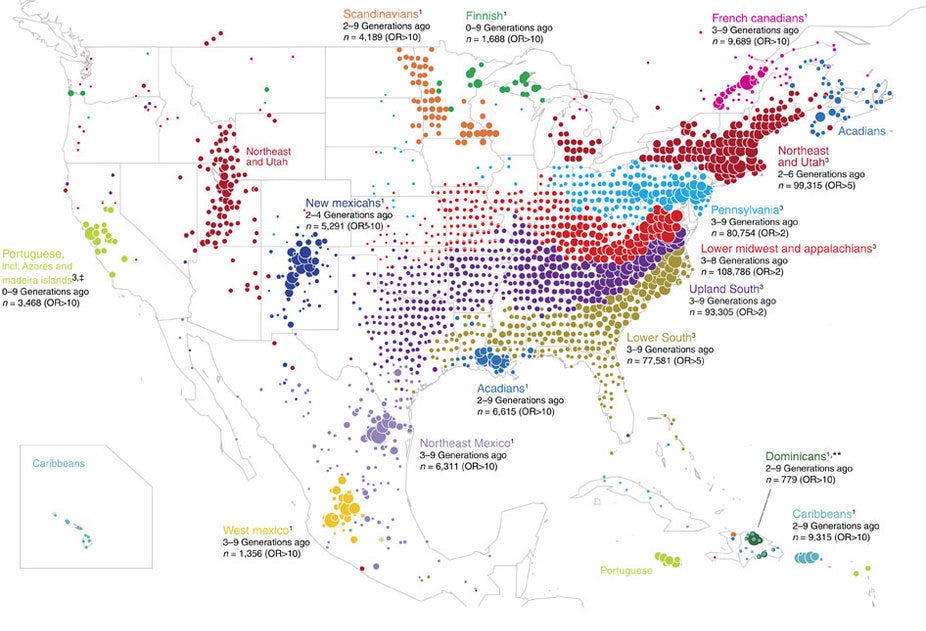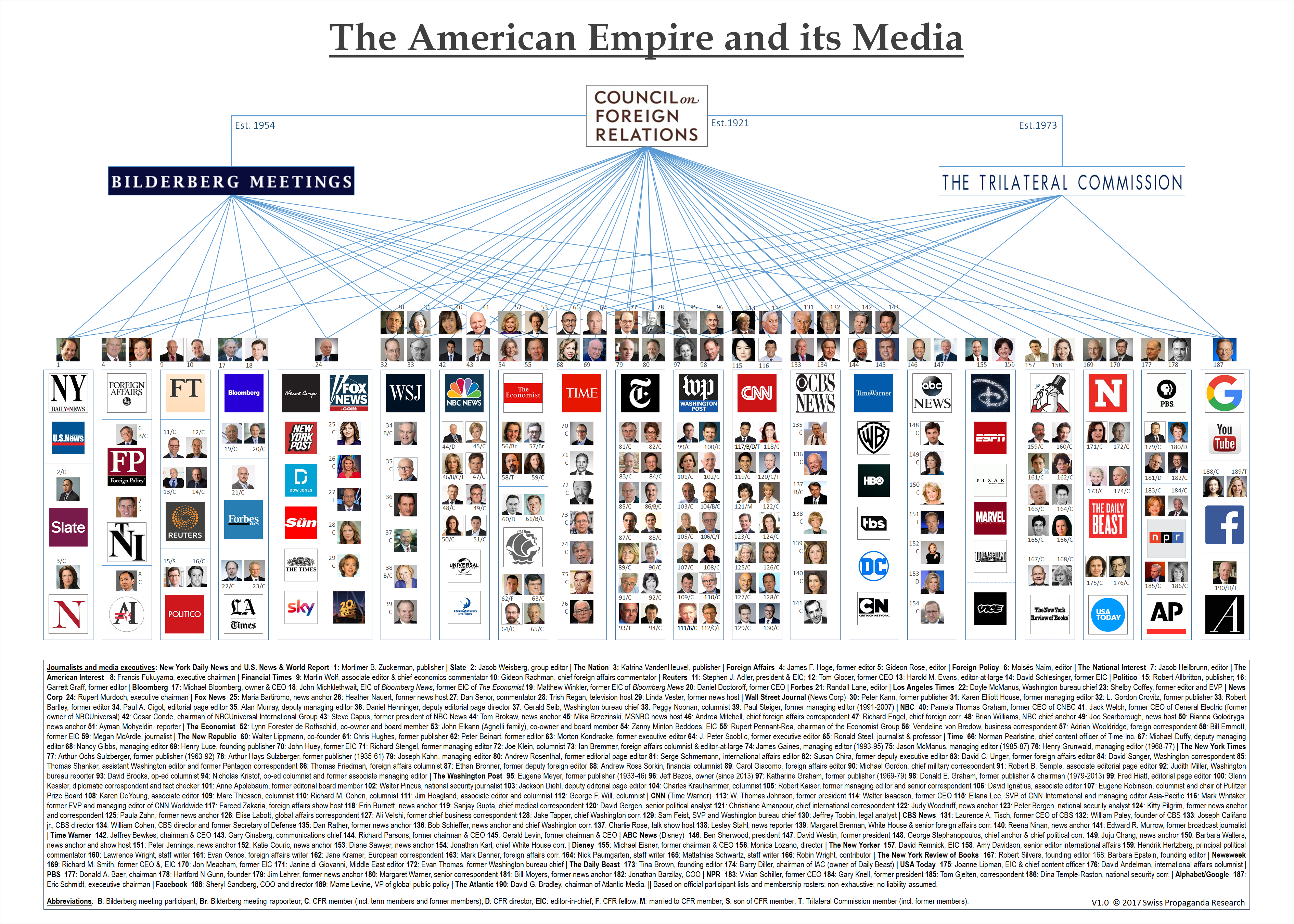Monday, January 20, 2020
Localism in the 2020's
By
CNu
at
January 20, 2020
0
comments
![]()
Labels: civil war , individual vs. collective , institutional deconstruction , People Centric Leadership , Rule of Law
Saturday, January 18, 2020
Could a Hypothetical Cult Operate Without an ACTUAL Public Accountant?
Beyond the conduct labeled as criminal, in little-noticed testimony the case revealed a series of side contacts between senior KPMG partners and top officials of the PCAOB—one, or in some cases two, members of its five-member governing board. The low-profile meetings at locations such as the Capital Hilton, which is steps from the PCAOB’s Washington headquarters, gave KPMG leaders a preview of questioning they would later face at periodic meetings with the full board.
But all of that is just part of a larger picture: The supposedly independent regulator is inextricably tied to the industry it oversees, a Project On Government Oversight (POGO) investigation found.
By
CNu
at
January 18, 2020
0
comments
![]()
Labels: accountability , Childhood's End , Collapse Crime , Degenerate , ethics , institutional deconstruction , The Big Lie , The Hardline
Saturday, November 23, 2019
DNC True Knot Cannot Devour Tulsi's Shining
By
CNu
at
November 23, 2019
0
comments
![]()
Labels: Big Barda , Ecce Homo , institutional deconstruction , People Centric Leadership
Monday, November 18, 2019
Hinky-Assed Catholic Shite In the Amazon
By
CNu
at
November 18, 2019
0
comments
![]()
Labels: institutional deconstruction , jesuitical , psychopathocracy , What IT DO Shawty...
Tuesday, November 12, 2019
There Will Be No Compromise
For every Resistance leader who daily makes an inflated claim about Trump’s destruction of democracy, there is a more quiet, average American who is deeply alarmed by the legitimate and lasting harm this movement is causing.
By
CNu
at
November 12, 2019
0
comments
![]()
Labels: Deep State , governance , institutional deconstruction , People Centric Leadership , Slice vs. Proprietors
Sunday, September 09, 2018
When You Don't "Do The Work" Or Know How To "Do The Work"...,
I repeatedly forgot each of the realizations on this list until I wrote it down. For me, white privilege has turned out to be an elusive and fugitive subject. The pressure to avoid it is great for in facing it I must give up the myth of meritocracy. If these things are true, this is not such a free country; one’s life is not what one makes it; many doors open for certain people through no virtues of their own.
[…] “white privilege,” was popularized by the feverish, largely grassroots, pre-World-Wide-Web circulation of a now famous essay by my now-equally-famous friend and colleague, Peggy McIntosh.
the myths of self-realization which go this way: “I came up from nothing, rags to riches, from pink booties to briefcase on Wall Street. I did it all myself. I knew what I wanted and I was self-reliant. You can be, too, if you set your sights high and don’t let anything interfere; you can do anything you want.” Now it seems only honest to acknowledge that that is a myth.
Women and lower caste or minority men are especially few in the tops of the hierarchies of money, decision making, opinion making, and public authority, in the worlds of praise and press and prizes, the worlds of the so-called geniuses, leaders, media giants, “forces” in the culture.
Saturday, September 08, 2018
Why I Intuitively Adopted Aggressive Black Partisanship Instead of Submissive Intersectionality...,
By
CNu
at
September 08, 2018
0
comments
![]()
Labels: Cathedral , Deeze Heaux... , feminization , fixyt , identity politics , individual vs. collective , institutional deconstruction , not-seeism , Permitted Discourse , wake-up!
Wednesday, August 29, 2018
Unparalleled Examples of Human Decency
By
CNu
at
August 29, 2018
0
comments
![]()
Labels: Deepening Contradictions , Farmer Brown , institutional deconstruction , necropolitics , predatory militarism , psychopathocracy , The Hardline , unspeakable , warsocialism
Monday, August 20, 2018
One Mouthy Gekko Doing THEE MOST Can Eff Up The Whole Lucrative Swamp Ecosystem...,
Friday, August 17, 2018
The Fix Brennan Finds Himself In
By
CNu
at
August 17, 2018
0
comments
![]()
Labels: 9.9% , accountability , Deep State , institutional deconstruction , professional and managerial frauds , unintended consequences
Thursday, August 02, 2018
#YouToo: Pulpit Pimps Molest And Harvest Community Valuables THEE MOST!!!
By
CNu
at
August 02, 2018
0
comments
![]()
Labels: A Kneegrow Said It , accountability , hustle-hard , institutional deconstruction , parasitic , Peak Negro , Pimphand Strong , self-observation
Saturday, July 21, 2018
Top Secret Clown Bidnis And The "Intelligence Community"
By
CNu
at
July 21, 2018
0
comments
![]()
Labels: Ass Clownery , Brookings , Deep State , Deepening Contradictions , elite , establishment , institutional deconstruction
Wednesday, June 13, 2018
Globalists: The End of Empire and the Birth of Neoliberalism
By
CNu
at
June 13, 2018
0
comments
![]()
Labels: corporatism , externalities , global system of 1% supremacy , individual sovereignty , institutional deconstruction , Lawyerism , psychopathocracy
Elites Have No Skin In The Game
By
CNu
at
June 13, 2018
0
comments
![]()
Labels: corporatism , externalities , global system of 1% supremacy , institutional deconstruction , Lawyerism , psychopathocracy
Sunday, June 03, 2018
2016 First Time In A Century CFR Couldn't Get Its Man Into The White House
By
CNu
at
June 03, 2018
0
comments
![]()
Labels: .45 , Brookings , global system of 1% supremacy , hegemony , institutional deconstruction , Living Memory
Friday, May 25, 2018
Why Is Pinker Anti-PC Okay - But Peterson Anti-PC Not Okay?
By
CNu
at
May 25, 2018
0
comments
![]()
Labels: Cathedral , civil war , cognitive infiltration , Deepening Contradictions , Gender , institutional deconstruction , priceless....
Thursday, May 24, 2018
Differentiating Right and Left Populisms
By
CNu
at
May 24, 2018
0
comments
![]()
Labels: civil war , CSC as ESS , institutional deconstruction , People Centric Leadership , political economy , quorum sensing?
Wednesday, May 09, 2018
What Is The Purpose Of Food-Powered Make-Work?
By
CNu
at
May 09, 2018
0
comments
![]()
Labels: doesn't end well , food-powered , institutional deconstruction , make-work , Peak Capitalism
Monday, April 30, 2018
Deep State Sore and Itchy From .45's Reckless Grabbing and Fingering...,
By
CNu
at
April 30, 2018
0
comments
![]()
Labels: .45 , civil war , Deep State , governance , institutional deconstruction , scott free
Sunday, April 22, 2018
American Nations As Revealed In Identity By Descent (IBD) Networks
 |
Elite Donor Level Conflicts Openly Waged On The National Political Stage
thehill | House Ways and Means Committee Chair Jason Smith (R-Mo.) has demanded the U.S. Chamber of Commerce answer questions about th...
-
theatlantic | The Ku Klux Klan, Ronald Reagan, and, for most of its history, the NRA all worked to control guns. The Founding Fathers...
-
Video - John Marco Allegro in an interview with Van Kooten & De Bie. TSMATC | Describing the growth of the mushroom ( boletos), P...
-
Farmer Scrub | We've just completed one full year of weighing and recording everything we harvest from the yard. I've uploaded a s...


